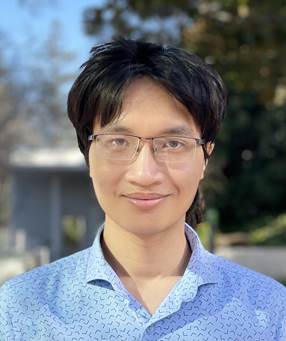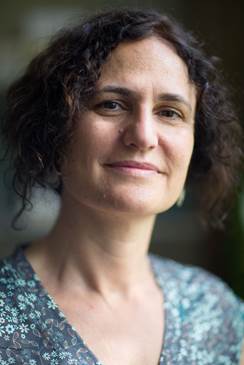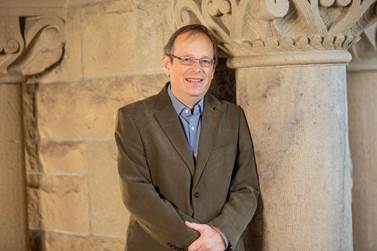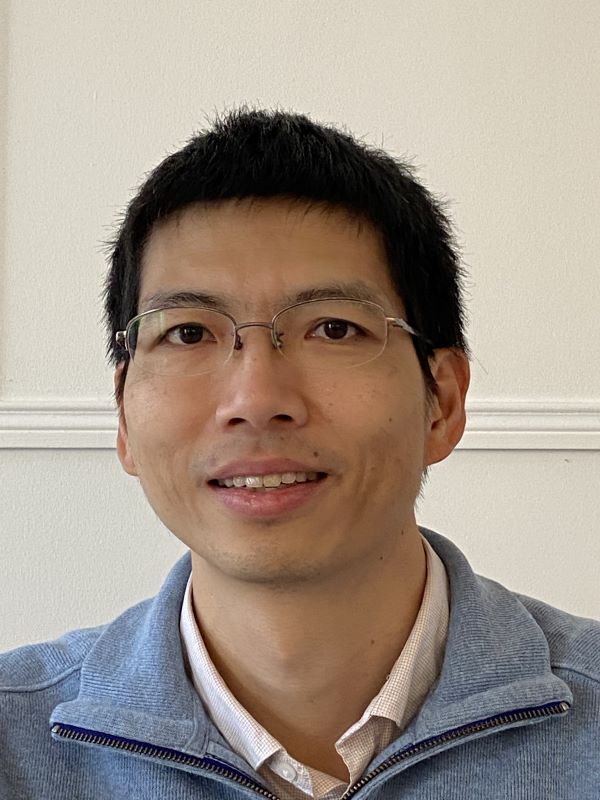1. Phạm Tuấn Huy, Stanford University, USA
 |
Huy Tuan Pham is currently a Clay Research Fellow based at Stanford University. He received his PhD from Stanford University in 2023 where he was advised by Jacob Fox. Before that, he obtained an MASt in Mathematics at the University of Cambridge in 2019 and a BS in Mathematics and MS in Statistics at Stanford University in 2018. |
2. Tom Mrowka, Massachusetts Institute of Technology, USA
 |
Tomasz S. Mrowka is a professor at the Massachusetts Institute of Technology where he has been on the faculty since 1994. He studies the analytic and topological aspects of gauge theories in particular their applications to questions in the topology of 3 and 4 dimensional manifolds. He and his long time collaborator Peter Kronheimer have received the Veblen Prize in Geometry, the Doob Prize in mathematical exposition and the Leroy P. Steele Prize for seminal contributions all from the American Mathematical Society. Mrowka is a member of the of the United States National Academy Of Sciences and a fellow of the America Academy of Arts and Sciences and held the Guggenheim fellowship.
|
3. Gigliola Staffilani, Massachusetts Institute of Technology, USA
 |
Gigliola Staffilani is the Abby Rockefeller Mauze Professor of Mathematics at MIT since 2007. She received the B.S. equivalent from the University of Bologna and the M.S. and Ph.D. degrees from the University of Chicago. Following a Szegö Assistant Professorship at Stanford, she had faculty appointments at Stanford, Princeton and Brown before joining MIT in 2002.
|
4. Richard Taylor, Stanford University, USA
 |
Professor Richard Taylor is an algebraic number theorist primarily interested in the connections between Galois representations and automorphic forms. He is currently the Barbara Kimball Browning Professor in Humanities and Sciences at Stanford University. |
5. Tuan Ngo Dac, Université de Caen Normandie, France
 |
Born in Bac Ninh, Vietnam, Tuan Ngo Dac is currently a Research Director (Directeur de Recherche) at CNRS and the University of Caen Normandy. He holds a part-time position at Ecole Polytechnique, France – his alma mater. He received his PhD in Mathematics from University Paris-Saclay (Orsay) in 2004 under the supervision of Laurent Lafforgue. His research interests include Combinatorics, the Langlands Program, and Arithmetic Geometry, under the influence of Cheryl Praeger, Laurent Lafforgue, Ngo Bao Chau, Bruno Anglès, and Floric Tavares Ribeiro. http://tuan.ngodac.perso.math.cnrs.fr/ |
